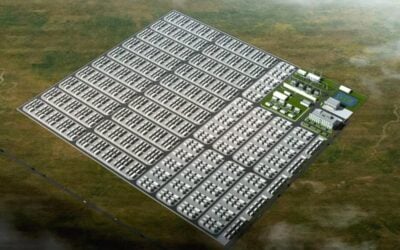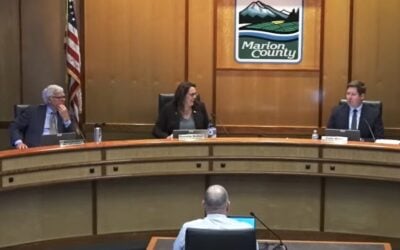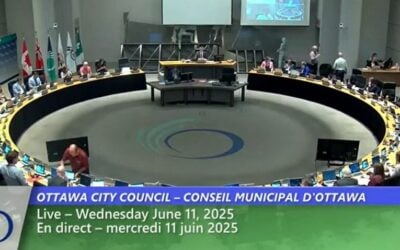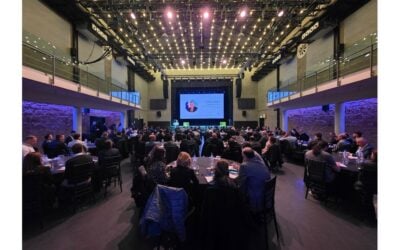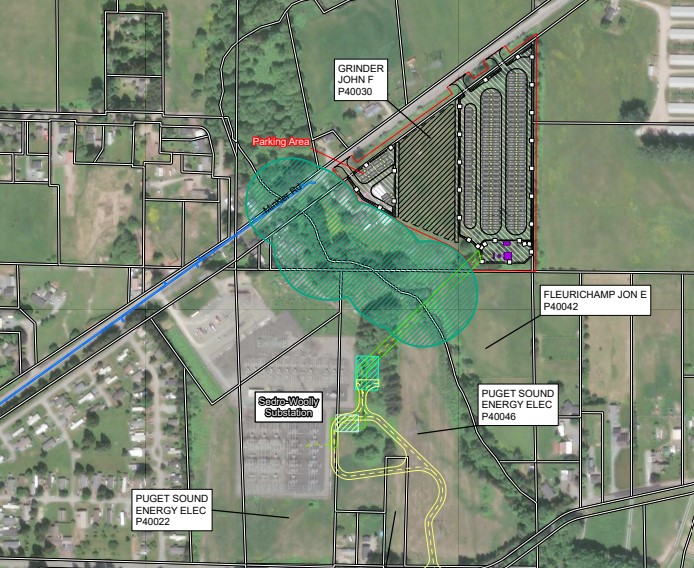
Nebraska-based independent power producer (IPP) Tenska has submitted an application with the Washington Energy Facility Site Evaluation Council (EFSEC) for the construction and operation of a 200MW/800MWh standalone battery energy storage system (BESS) in Skagit County.
Established in 1970, the Washington EFSEC describes itself as providing a “one-stop” siting process for major energy facilities within the state, coordinating all licensing and evaluation steps. The EFSEC certification process comprises seven comprehensive steps with the first being the initial application submission.
Enjoy 12 months of exclusive analysis
- Regular insight and analysis of the industry’s biggest developments
- In-depth interviews with the industry’s leading figures
- Annual digital subscription to the PV Tech Power journal
- Discounts on Solar Media’s portfolio of events, in-person and virtual
This is then followed by a review of the application by an independent consultant, a meeting where the public can submit comments, a land use consistency hearing, an environmental impact statement and a review of project permits. The EFSEC will then make its recommendation to the Governor of Washington on whether to certify the facility or not based on the findings from the previous steps.
Goldeneye
The Goldeneye Energy Storage project is a proposed 200MW/800MWh standalone BESS located on the eastern outskirts of Sedro-Woolley in Skagit County, Washington. Tenaska has yet to decide upon the specific battery technology for the project but is considering a range of lithium-ion (Li-ion) based options.
Interconnection to the local electricity grid will be via Puget Sound Energy’s (PSE’s) Sedro-Woolley 230kV substation located southwest and adjacent to the proposed project site. The developer expects to commence construction on the facility during August 2025 with the project expected to be in-service by October 2026.
Tenaska turned to state level process in Washington after local government applications
Developers of renewable energy projects in the State of Washington have three different approaches when it comes to permitting: the EFSEC process (as described above), Washington’s Department of Ecology clean energy permitting process and a local government-led permitting process.
Tenaska’s Goldeneye EFSEC application is the developer’s first utilising the state approval route after several local government-led permitting attempts for other standalone BESS projects.
In 2022, Tenaska filed a pre-application with Renton City Council for the development of a 250MW/1,000MWh BESS in King County, known as the Bufflehead Energy Storage project. However, Renton city council officials decided it couldn’t make a determination on Tenaska’s proposal without conducting further research on battery technology.
‘Struggling with all the unknowns’
In the same year, Tenaska filed a conditional use permit (CUP) application with King County for the construction of another BESS in the City of Covington known as the Kingfisher Energy Storage project.
Tenaska presented its plans for the Kingfisher project at a Covington City Council meeting in June 2023, amassing a mixed response from the public, but also council members, with one stating that she was “struggling with all the unknowns” surrounding battery technology.
The CUP application has since been cancelled and in May 2024, Covington City Council adopted a temporary 12-month moratorium preventing the approval of new battery storage facilities whilst council members “consider new development and zoning regulations”.
NextEra Washington developments
NextEra Energy Resources (NEER) is also targeting BESS deployment in the State of Washington, and recently filed a special use permit (SUP) application with Skagit County’s Planning and Development Services department for the construction of a 200MW/800MWh BESS.
The Mount Vernon Battery Storage project will be located approximately 3 miles west of Avon in Skagit County and connect to the local electricity grid via PGE’s Fredonia substation.
According to a website set up by the developer dedicated to providing public information on the Mount Vernon BESS, NEER expects to invest US$230 million into the project, which is scheduled to come online in December 2026 at the earliest.


